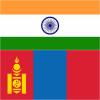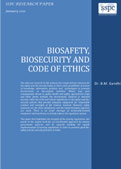India, Saudi Arabia and Strategic Partnership
India’s tryst with Saudi Arabia dates back to nearly five millennia when Indian sailors and merchants made regular forays in to the Arabian peninsula and forged commercial, cultural and civilisational links. In recent times, the relationship between the two countries has been marked by an upswing in the strategic partnership.








